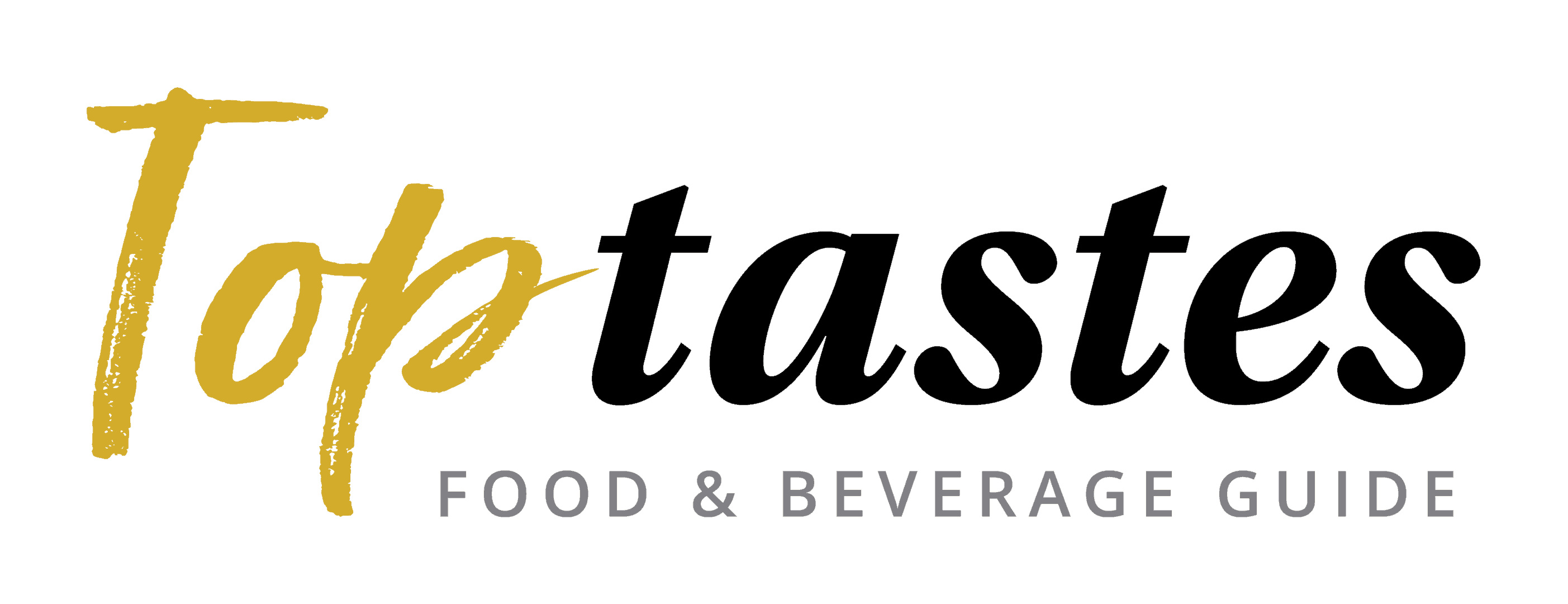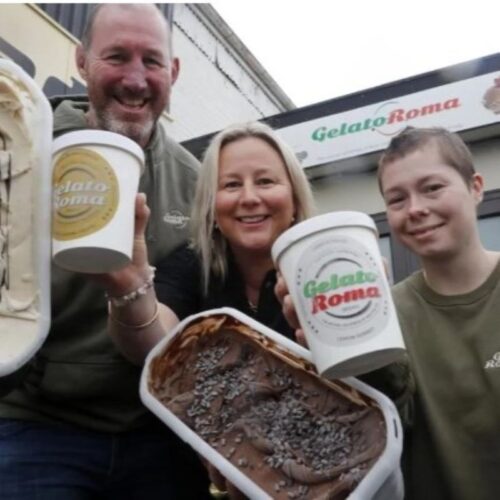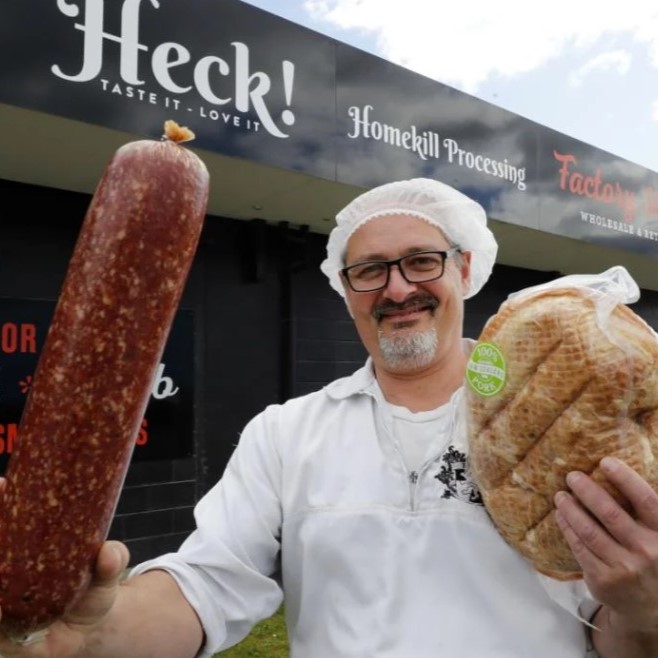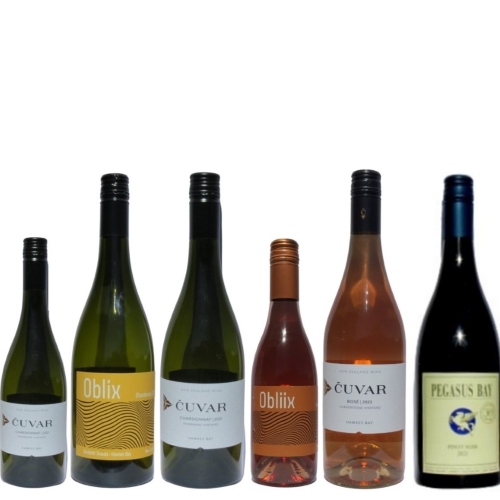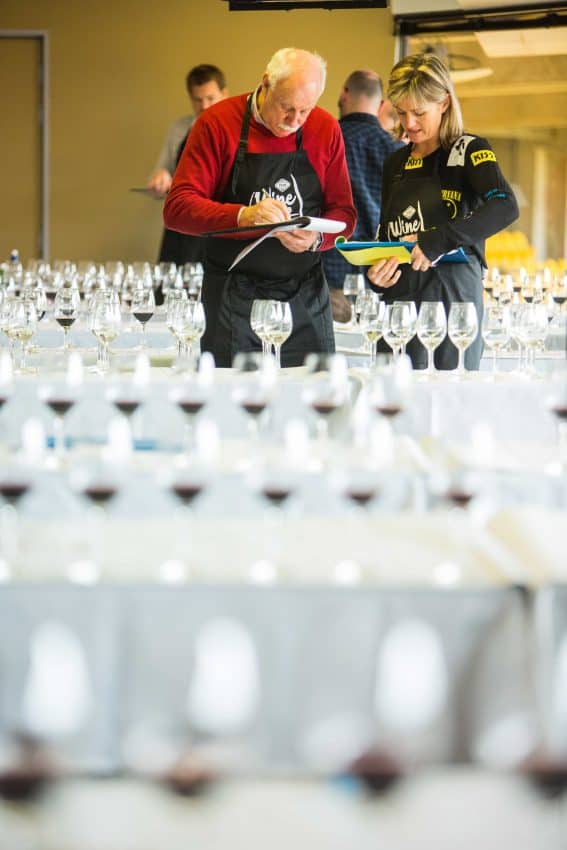
Gold medal stickers on bottles & New World Wine Awards – 04.10.17
I am often asked whether or not a gold medal sticker on a bottle of wine really means anything, this question usually arises because someone has bought a bottle with a gold medal sticker and didn’t like the wine so, of course, this creates a level of distrust in the medal sticker.
There are a few things to consider when you buy a bottle of wine with a gold ‘medal’ sticker on the label; firstly, does the sticker actually relate to the wine in the bottle.
One of my pet hates is a winery that puts a sticker on their product that doesn’t relate to the wine or even vintage of the wine. For example I had a bottle that had a gold sticker on it but when I read the small (very small) print on the actual sticker it said the winery was established in 1996.
The wine in this bottle was from the 2016 vintage so the sticker had absolutely no relevance to the contents of the bottle and to my way of thinking the producer is treading the fine line between promotion and deceit.
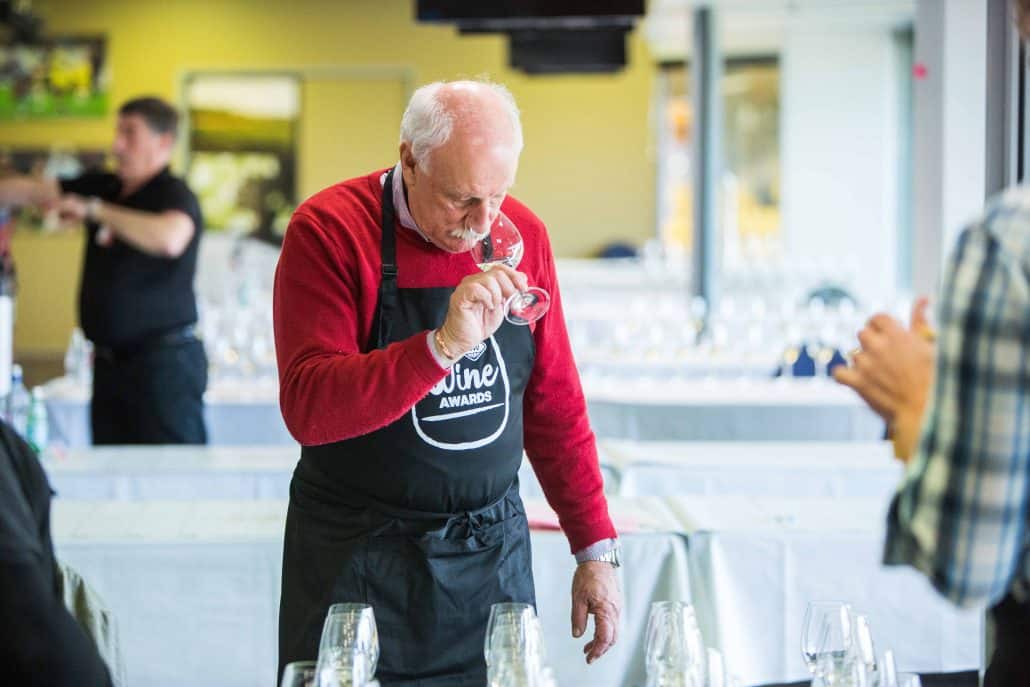 A genuine wine show gold medal also doesn’t mean you will like the wine, as highly respected and experienced wine judge, Jim Harré says, “a medal on a bottle is a measure of the quality, a gold medal means the wine is of extremely high quality and has the undefinable x factor that a group of wine experts find special but if you don’t like certain flavours then just because a wine has a gold medal it doesn’t mean it will necessarily suit your tastes.”
A genuine wine show gold medal also doesn’t mean you will like the wine, as highly respected and experienced wine judge, Jim Harré says, “a medal on a bottle is a measure of the quality, a gold medal means the wine is of extremely high quality and has the undefinable x factor that a group of wine experts find special but if you don’t like certain flavours then just because a wine has a gold medal it doesn’t mean it will necessarily suit your tastes.”
Harré is the chairman of judges for the New World Wine Awards that were judged recently, with results due to be announced this weekend, he is also the chair of the NZ International Aromatics Wine Show and is a panel Chairman at the Air New Zealand Wine Awards so is someone who knows the awards world well and whose thoughts on wine shows in general are worth considering.
“New Zealand used to have a lot of regional shows, often based around A&P shows, but in some instances, these evolved into other shows, I think we need more regional shows that showcase the regional wines and applaud regional excellence.
“We have become more and more a tourism focussed country and I believe we should be developing these smaller shows where wines are judged with a focus on regional excellence, there is a need for more small shows with a food and wine focus, we need to be applauding what we are doing in regions to help that regional wine tourism branding.”
When I was chatting with Harré recently we talked about how wine shows have changed and the adoption of wine show protocols he has been promoting.
“One of the problems with the changes that have taken place is that there are no protocols or standards that wine shows must adhere to, in Australia for example the Australian Society of Viticulture and Oenology standards set out what you should and should not do, they are trying to define best practice in the Australian Wine Show system including guidelines and recommendations.”
Harré says there are a number of things that concern him with regards to some wine judging, “when you have wine reviewers who review wine knowing everything about the wine; who produced it, what price it is and so on and they don’t put the wine through a blind tasting process, then they can’t help but be influenced by the wine and reputation of the producer when assessing the wine.
“It is nothing personal about these reviewers it is just a fact of life, we are influenced by things we see and know as we taste a wine, it is just human nature.”
Harré says for him the rationale behind protocols is some sort of consumer guarantee of confidence in the judging system and it doesn’t matter what the wine show is, or who reviewed the wine, consumers should know they can trust the result.
“As a country we need to take the position that no matter where you buy a wine if it has a sticker on it the sticker should indicate that it has been judged against these protocols so the consumer can trust it.
“Wine judging isn’t a science but there is a degree of science to judging a wine that tries to take out opinion style reviewing and focus on the actual quality of the wine, the science is around detecting faulty wines and then it is about quality.”
Using the New World Wine Awards as an example he described what he considers sound wine judging criteria; “firstly, we ensure no more than 120 wines a day were tasted and judged by each person, that is about 20 wines an hour and is a good pace that works really well, if you spend too much time on each wine you start to second guess yourself and if you are too quick you are only judging the wine on first impressions.”
Secondly, “we taste wines double blind – we only have a glass of wine in front of us, we don’t see the bottle so can’t be influenced by anything other than things we are told like variety, year, or place of origin, this is the only information judges get.”
“Like the Air New Zealand Wine Awards we now use the 100 point scale so within a medal score range some wines score higher than others, is this a silver medal wine, a high silver, a gold medal wine or a high gold medal.
“Then any wine that got a gold medal is ranked, if there were 10 chardonnays with golds then we re-tasted them to work out the top three wines and put them through to be re-tasted blind again for the trophy award.”
Finally, Harré says “the other thing from a New World Wine Award’s point of view is that they want their customers to be able to feel confident in the wines they buy and that their judging process is credible and robust; you should be able to totally trust the sticker on the bottle and the robust process behind it.”
I think a credible and robust wine judging protocols need to be adopted in New Zealand, just like in Australia, it can only be a great thing for consumers and let’s lose those stickers that can be misleading at first glance.
